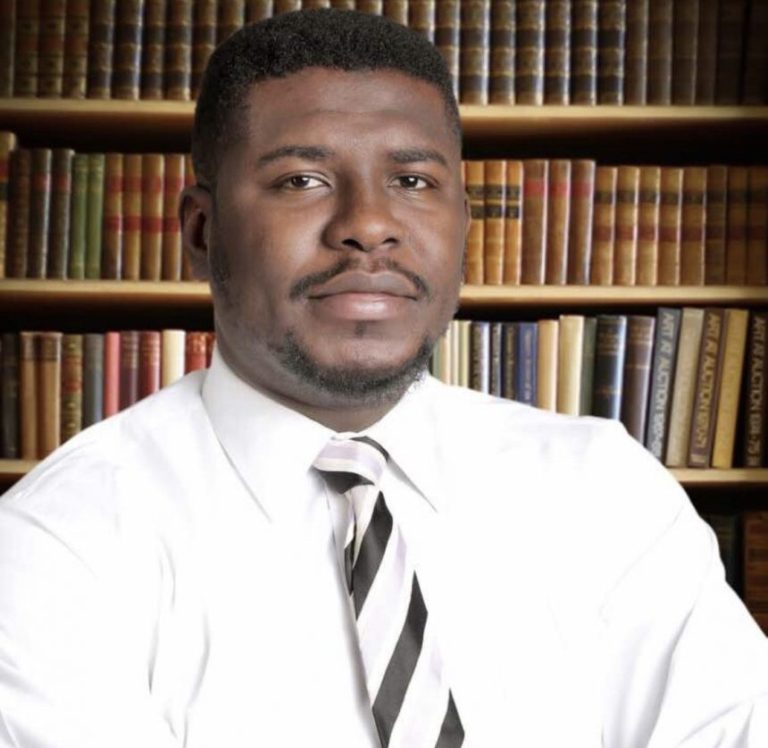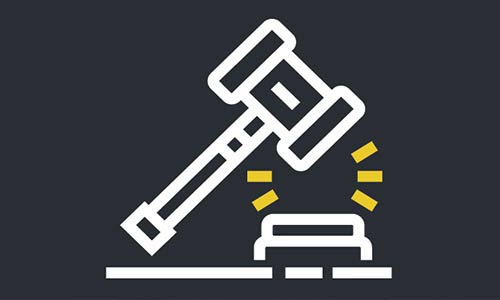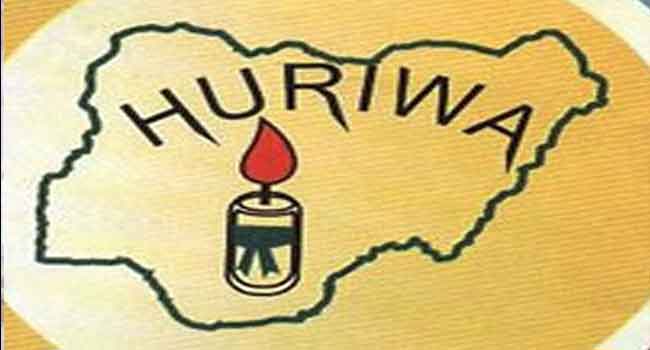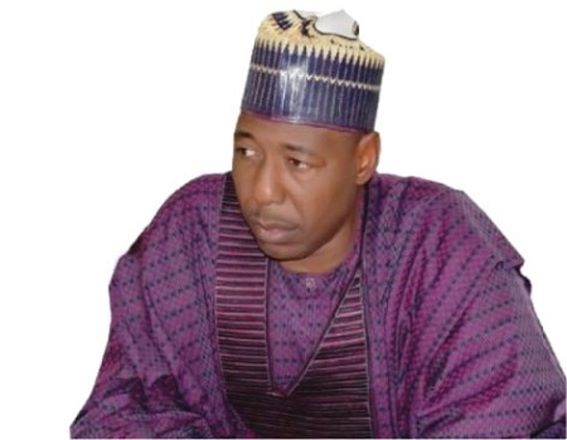By Ebun-Olu Adegboruwa, SAN
LAST week, history was made when Nigerian lawyers all over the world held the first ever virtual Annual General Conference, with well over 20,000 participants. The high point of it all was the Annual General Meeting of August 29, 2020, which also marked the exit of the Paul Usoro SAN-led national executive. The newly elected executive officers were thereafter sworn in for a two-year tenure. The AGC also marked the 60th anniversary of the Nigerian Bar Association, NBA, an organization that is presently battling for life desperately, given all the events happening within its fold, with alarming rapidity. The President has promised to be a bridge builder and he has to do that with tact, because it is a very tight rope to walk.
State of emergency in the judiciary
Except we deceive ourselves, legal practice in Nigeria is facing its biggest trials ever. Even before COVID 19, justice administration was gradually moving towards the grave, perhaps only just remaining to be interred. The NBA should declare a state of emergency in the judicial sector, with the focus on emergency rescue efforts. So far, we have only paid lip service to judicial reforms, addressing just the surface without digging into substance. The absence of critical infrastructure in this all-important sector is a major drawback to effective justice administration. A system that is so slow and unproductive cannot but birth corruption, given the desperation that lawyers and litigants are confronted with, in order to have their causes heard and determined. In this regard, the abandoned new Federal High Court complex along Bourdillon Road in Ikoyi, Lagos, is a calamitous eyesore, it is a global embarrassment to all lawyers and judges, an unpardonable disservice to litigants and a monumental disgrace to Nigeria as a nation. I mean, how can Nigeria as a grown up State find it difficult to complete just one building for one of the most important judicial organs in the land? A proper analysis of section 251 (1) of the 1999 Constitution shows clearly that the Federal High Court is now the bedrock of litigation in Nigeria, given the critical subjects that it has been empowered to deal with. It is the Court that determines matters relating to the revenue of the federation, petroleum, oil and gas, electricity, admiralty, mines and minerals, immigration, aviation, telecommunications, citizenship, broadcasting, customs and exercise, security, taxation, banking, operation of companies, shipping, copyright and patents, arms, ammunition, diplomatic and consular matters, drugs, bankruptcy and insolvency and indeed anything relating to the federal government and any of its agencies. And that Court is not functioning as it should, as lawyers and litigants stand in the rain and in the sun, to conduct their cases. When recently I got to know that even the Chambers of the Judges have no functional toilets, I was moved to tears. A Judge sits from 9am till 4pm at times, yet he cannot afford to eat while in the office, since there is no means of taking care of any pressure that may come with such luxury, as it were. The NBA should take this as its priority and work with the relevant government agencies and the head of the Court, to ensure its completion.
It is not just the Federal High Court, but also the Court of Appeal and indeed the High Courts. It is totally unacceptable that lawyers and litigants go to court and cannot find a place to even sit down, to conduct their cases. My suggestion in this regard is that the National Executive Council of the NBA should in its next meeting mandate all NBA branches nationwide to urgently undertake an audit of all courts within their jurisdiction and submit a comprehensive report, as a working document for discussion and action. Armed with these reports, the NBA Exco should on behalf of all lawyers meet with the heads of the various courts, the Attorneys-General of the States concerned or of the Federation as the case may be and the Governors of these States. If we are constantly crying for funding for the judiciary, if litigants and lawyers are paying through their noses to have their cases filed and conducted (both in the Probate Division and the Main Courts), then we must have corresponding improvement in facilities in all the courts.
We must summon courage to tackle the issue of delay in the administration of justice, by encouraging the executive arm of government to build more courts and to appoint more judges. When you travel outside Lagos, Port Harcourt and Abuja to some other States, trials are conducted in the courts of those other States in just one week, final written addresses filed and judgment delivered in one month, whereas in Lagos State for instance, it takes an average four years to conclude a case, because a judge in Lagos has an average 600 cases to deal with. The rigid process of Case Management Conference, which was meant to last just three months, now takes years to conclude. There is an urgent need to tinker with the Rules of the various courts, whereby non-contentious matters of substituted service, leave to issue writs, renewal of writs, extension of time, etc, can be taken by qualified lawyers amongst the judicial staff, such as the legal assistants, legal officers, etc, who would then report to the supervising judge, on a daily basis. Such orders can be reviewed in cases of manifest abuse. In the Supreme Court for instance, such applications are taken on a special day in Chambers by the Justices, in the absence of counsel and their lawyers and you are only notified of the success or failure of your application, thereafter.
The National Assembly is currently working on a constitutional amendment. Instead of isolating just the cases involving politicians and political office for quick adjudication, the NBA should set up a Committee to work with the National Assembly to streamline the jurisdiction of the appellate courts, especially on issues relating to interlocutory appeals and matters where the principles of law are fairly settled, such as land law, stay of execution, election petitions, criminal cases, enforcement of fundamental rights, etc, as a means of decongesting these courts.
The new NBA Exco must confront the issue of corruption in the judiciary head on, as it is affecting the fabric of our national life already. The system of appointment of judicial officers should be made more transparent, similar to that of Senior Advocates, if it cannot be better. It is totally unacceptable that some set of lawyers and litigants are able to determine the courts to which their cases are assigned, as that in itself is the greatest act of injustice to their opponents. We just cannot continue like this at all, of operating a corrupt system of walking into the courtroom blindfolded, whereas your opponent is in cahoots with the court. And this is prevalent mostly amongst the senior lawyers, who deploy their position and influence to determine the fate of cases pending in court. It should be very easy for security agencies to know the income of judicial officers, with the advent of Bank Verification Numbers, Tax Identification Number, Payer ID, etc. Whereas I can personally testify to the credibility, neutrality and nobility of many judges and senior lawyers, yet we cannot close our eyes to certain anomalies capable of eroding public confidence in the justice system.
But of course we cannot do much in this regard without first addressing the issue of poor welfare conditions of judicial officers. To hear that some judges drive themselves to court, remain in traffic for hours and they are expected to sit in court, conduct cases and then deliver very sound rulings and judgments, is a huge joke. In some States, the salaries and benefits of judges have not been increased for over ten years! Even though judicial assignment is more of a calling, judges are human beings who go to the same market as others, who send their children to school and also buy diesel to power their generators at home and at times even in their offices. In this regard, the NBA NEC should direct the NBA branches to meet with the heads of the courts in all the States, to collate the salaries and allowances of judicial officers for confidential discussion and engagement, by a Sub-Committee of NEC, comprising experienced and tested advocates.
That then takes us to the issue of ethics within the legal profession, as a way of restoring the image of lawyers and judges. By now, it is clear that the Rules of Professional Conduct has become totally irrelevant and otiose, having been overtaken by technology and global trends in legal practice. But even at that, what is needed presently is a separate Rules of Professional Conduct for Senior Advocates, as a model for legal practice. Once we get it right with the senior lawyers, it becomes very easy for their juniors to fall in line. The things that we see some SANs do in court, are totally unpalatable to put in print. Lawyers say it within themselves in small gatherings, prominent names are mentioned very often, but it just seems that there is little anyone can or is willing to do about it. I don’t want to say more in this regard, save that the NBA should urgently work with the Body of Senior Advocates and the Legal Practitioners Privileges Committee, to develop a new set of rules to guide the conduct and etiquette for Senior Advocates. Given that they are not so many, it should be easy to isolate offenders, for the purpose of compliance and reformation.
The new Exco has so much to work with, given the laudable efforts of the Usoro-led administration in the critical areas of financial transparency and the completion of the NBA National Secretariat. So then, 24 hours will not be enough for the President and his team, but there is enough goodwill to succeed. I wish them well.(thenigerialawyer)
(To be continued).












